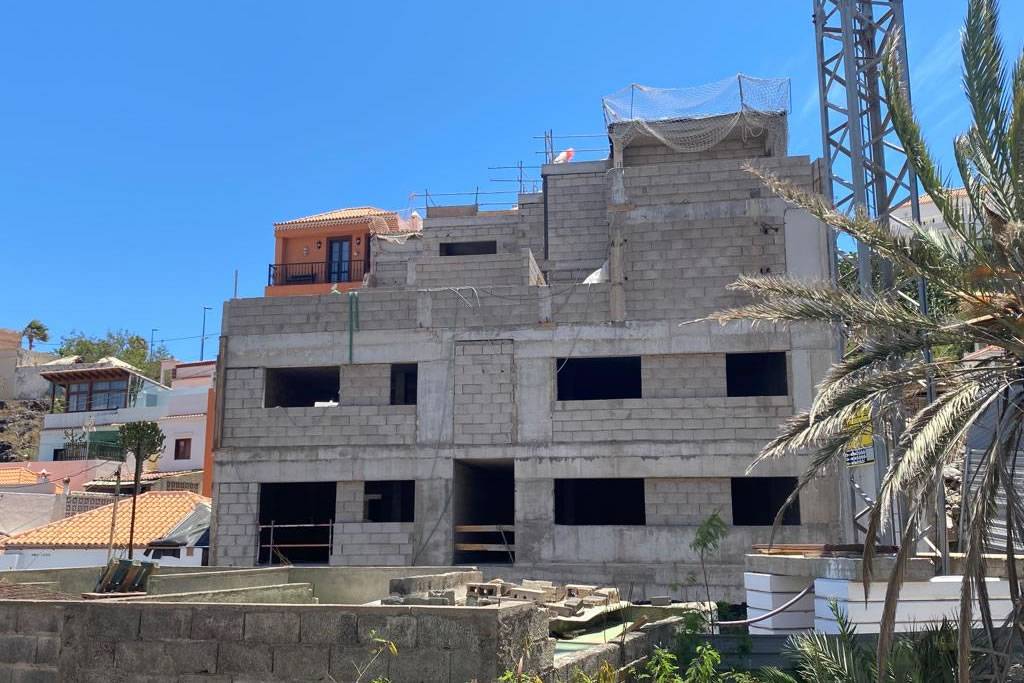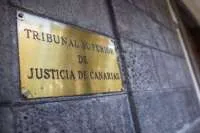Congress rules that the RIC can now be used for residential rental properties
- 18-06-2025
- Business
- Canarian Weekly
- Photo Credit: Proygasa
The Spanish Congress has approved a new tax incentive allowing companies to benefit from reduced taxation when investing in the construction or refurbishment of long-term rental housing in the Canary Islands, excluding properties intended for holiday rental use.
The measure is part of a reform of the Canary Islands’ Economic and Fiscal Regime (REF), which was approved today, Wednesday, by the Lower House’s Finance Committee, exercising full legislative authority. Under the reform, business profits allocated to this purpose will now be eligible for the Canary Islands Investment Reserve (RIC), which provides for reduced corporate tax liabilities.
The proposal, presented jointly by the Socialist Party (PSOE) and the Canary Islands Coalition, passed with the support of PSOE, the Partido Popular (PP), while Vox abstained and Sumar voted against. The reform will now proceed to the Senate for final approval.
The move aims to channel part of the estimated €2 billion currently accumulated in the RIC towards increasing the stock of residential rental housing in the archipelago. The Canary Islands’ Minister for Public Works, Housing and Mobility, Pablo Rodríguez, welcomed the decision, highlighting it as one of the regional government’s key objectives to address the islands’ severe housing shortage.
Rodríguez stressed that enabling the use of RIC funds for this purpose will help expand the supply of affordable long-term rental homes and provide a response to what he described as a "housing emergency" affecting the region.
The measure comes against the backdrop of growing concerns over the affordability of housing in the Canary Islands, where rents have gone up by over 40% while salaries have fallen by nearly 7% in recent years.
Other articles that may interest you...
Trending
Most Read Articles
Featured Videos
TributoFest: Michael Buble promo 14.02.2026
- 30-01-2026
TEAs 2025 Highlights
- 17-11-2025


























































